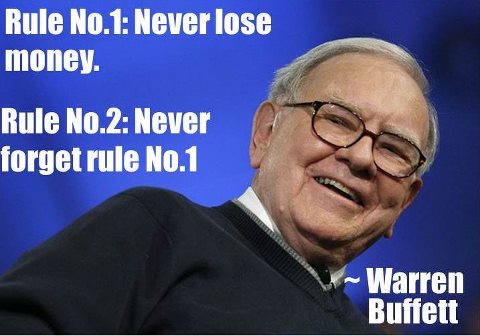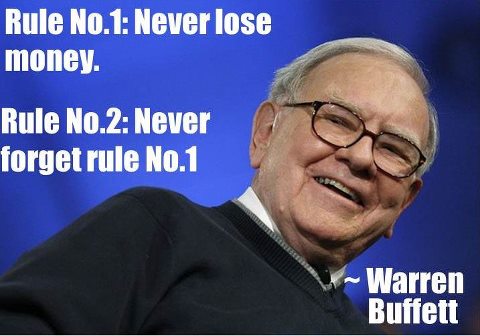1. Educate yourself about valuation of investment.
The bible for value investing is the book by Benjamin Graham, the Intelligent Investor and Security Analysis. This should serve as the foundation your investment philosophy. The book changed the philosophy and life of Buffett himself.
There may be other books out there about investing, I can't recommend any. Ben's book has served generations of investor in their path to riches and I can't think of any other book with the same track record.
2. Educate yourself about the specific company and industry you want to invest in.
I can't think of an activity other than gambling where you can put down your money blindly hoping for a return higher than the amount invested. The share market is no different, it's a zero summed game with winner or loser. By arming yourself with knowledge of the company and the industry that they operate in, you are less likely to be the loser. There can never be too much information! However because of the finite time which you have I recommend that you should look at at least the below:
a) company valuation - this will filter the list of investment option to those that is priced within reason, its historical valuation may also offer insight to the normal value ascribed to the company.
b) Industry of the company - what does the company do and what is the outlook of the industry
c) Competitiveness of the company - Is the company more competitive than its competitor? Look at the gross margin trend relative to its competitor and its announcement for information on its competitive strength. Is its current year earning sustainable?
d) Financial statement of the company - how's their track record in generating cash? What's their leverage? Interest coverage?
e) Management of the company - how's their track record in value creation for the shareholder? Do they use capital efficiently by returning the excess capital to shareholder (dividend and buyback) or do they just increase their own pay? - the management's shareholding and pay is important. You want the management to have equity investment in the company and not pay themselves outsized remuneration relative to performance/market. No one is worth a million a day!
It's not easy to find a great buy! But with the internet and google, research is way easier.
3. Try, try and try not to lose money - it's hard to get it back.
Illustration:
For a portfolio of RM 100k, losing 20% in Y1.
The same portfolio need a gain of 25% to make whole the capital of RM 100k again!
For a portfolio of RM 100k losing 50% in Y1.
The same portfolio need to DOUBLE to make whole the capital of RM 100k!

4. Be prepared to accept short term volatility
This kinda contradict point 3, but in the short term, market as the voting machine can get the value of the company wrong. As long as you've done (2) thoroughly and correctly, and nothing has changed. Short term volatility is noise that you've to be prepared to accept without losing sleep at night.
Conclusion
Armed with knowledge of the market and your investment target, you will be less likely to be among the loser. However if you are not prepared or able to conduct the necessary amount of due diligence on your target investment, fret not, you will still be able to invest in the market - however, you shouldn't be a stock picker, but rather properly invest through a diversified portfolio of ETF.
Bulls make money and bears make money, but pigs get slaughtered!

